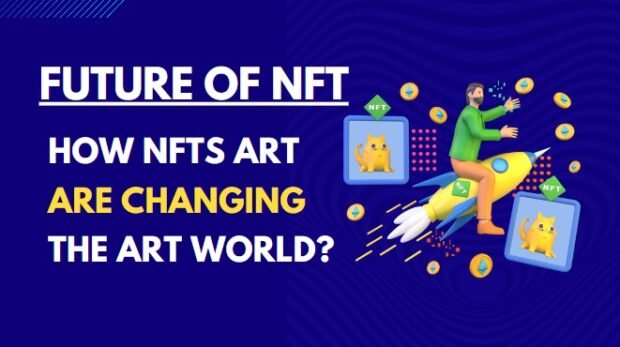
Please enter and activate your license key for Coins MarketCap plugin for unrestricted and full access of all premium features.
Crypto News
Forex Market
Stock Market
TOP 10 GAINERS
Please enter CoinMarketcap Api Key to get this plugin works
TOP 10 LOSERS
Please enter CoinMarketcap Api Key to get this plugin works
TOP 15 COINS
| Name | Price |
|---|---|
Bitcoin(BTC) | $90,628.66 |
Ethereum(ETH) | $3,112.51 |
Tether USDt(USDT) | $1.00 |
XRP(XRP) | $2.05 |
BNB(BNB) | $899.93 |
Solana(SOL) | $139.81 |
TRON(TRX) | $0.297347 |
Dogecoin(DOGE) | $0.136224 |
Cardano(ADA) | $0.385746 |
Chainlink(LINK) | $13.13 |
Avalanche(AVAX) | $13.61 |
Shiba Inu(SHIB) | $0.000008 |
Toncoin(TON) | $1.72 |
Polkadot(DOT) | $2.05 |
Polygon (prev. MATIC)(POL) | $0.152548 |
All Topics
Sponsored Articles
- Don’t Let BlackRock Win: ETH & BNB Investors Flood Zero Knowledge Proof’s Presale Auction for Finance’s Next Big Thing
- 12 Best Crypto Coins: APEMARS Emerges as the Fastest-Selling Meme Coin in History – Secure Your Spot in Stage 2 Before It’s Gone!
- APEMARS Crypto Presale Sells 1.5B+ Tokens in 3 Hours; Stage 2 Nears Its Close as Pudgy Penguins and FLOKI Climb
CMC
- Don’t Let BlackRock Win: ETH & BNB Investors Flood Zero Knowledge Proof’s Presale Auction for Finance’s Next Big Thing
- 12 Best Crypto Coins: APEMARS Emerges as the Fastest-Selling Meme Coin in History – Secure Your Spot in Stage 2 Before It’s Gone!
- APEMARS Crypto Presale Sells 1.5B+ Tokens in 3 Hours; Stage 2 Nears Its Close as Pudgy Penguins and FLOKI Climb
Press Release
- GovXcellence Philippines 2026: Digitize. Modernize. Lead: Advancing Governance Excellence for a Smarter Nation
- Cyber Revolution Summit 2026– Mozambique: Harnessing Innovation for a Safer Cyber Future
- Australia’s Premier Crypto Event Returns for 2025: AusCryptoCon Set to Transform Sydney This November
Newsletter
Stay Up To Date, It's Free!
About Coinlineup
CoinLineup is a specialized platform dedicated to empowering investors with the knowledge and tools needed to succeed in both the financial stock market and the crypto market. Our primary focus is to provide comprehensive market insights by delivering real-time and historical data, solid investment strategies, and trading tips. We aim to equip investors with accurate information, allowing them to make well-informed decisions in their financial endeavors.
Site Links
Sources Links
Copyright 2024 coinlineup.com. Crypto, Stocks, and Forex – All in One Place.










